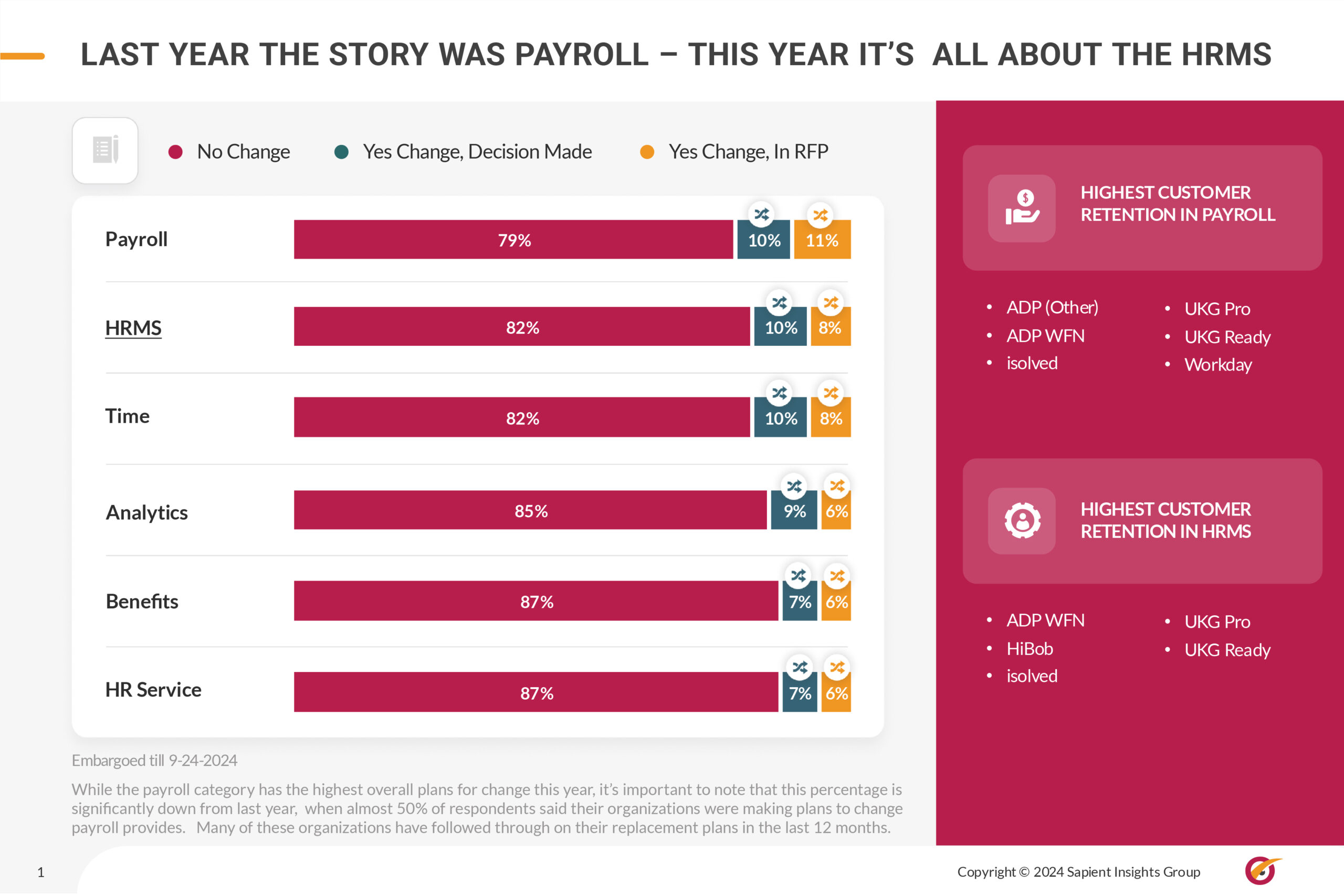Australia pushes minimum wage increase to address gender pay gap
- Josephine Tan
- Topics: Australia, Compensation and Benefits, Compliance, DE&I, Home Page - News, News

In a submission to the Fair Work Commission’s (FWC) annual review, the Australian government is advocating for a minimum wage increase, citing its potential to reduce the gender pay gap and support low-paid employees, particularly women, who are disproportionately impacted by rising costs.
The government’s argument hinges on the high concentration of women in low-wage and award-reliant jobs. Their submission highlighted that roughly three in five award-reliant employees are women, and they are more likely to be employed in lower-paying sectors.
The current minimum wage sits at A$23.23 (US$15.18) per hour, translating to roughly A$45,900 (US$29,985) annually. Notably, the FWC is mandated to consider gender equality when determining minimum wage levels.
Australia has shown progress in narrowing the gender pay gap, with the current 12% difference being the lowest on record. This is a significant improvement from the peak of 18.7% observed in November 2014.
The government’s submission maintains the same stance as the previous two years, emphasising the need to maintain real wage growth for low-paid employees. However, it acknowledged the importance of “balancing all risks” in light of shifting economic conditions, including global uncertainty and rising interest rates.
Ministers Tony Burke and Jim Chalmers, representing Workplace Relations and Treasury respectively, emphasised the ongoing struggles faced by low-income earners in the current economic climate. They pointed out that “low-paid employees – who are disproportionately women – are particularly affected by cost-of-living pressures because they typically do not have savings to draw on to cover rising costs.”
READ MORE: Many organisations in Australia failing to close the gender pay gap
The government’s stance aligns with the Australian Council of Trade Unions (ACTU), which is advocating for a 5% wage increase. Employer groups, however, warned against such a significant rise, fearing it could lead to price hikes and job losses.
The Australian Chamber of Commerce and Industry (ACCI) recommended a modest increase of no more than 2%, while the Australian Industry Group (Ai Group) even suggested an increase below 2.8%, reported The Standard.






